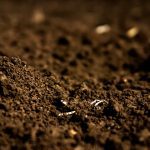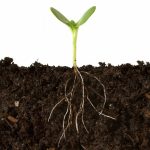Manitoba producers have been slow to embrace precision soil sampling. One industry representative says they're missing out on crop benefits.


Flatter regions still have enough variability to warrant zone sampling, soil scientist says

Clay deposits from glacial flooding make region’s soils among world’s best

‘Skyrocket’ in soil testing popularity noted by crop nutrition company


The report looks into the relationship between soil health, and Canada's overall economic and environmental wellbeing

Henry's outreach to farmers spanned more than half a century

Tech called a ‘game changer’ for farm agronomic decisions


Research shows combining a handful of techniques gives best results

Salinity can only be managed, not fixed, so every acre is not a soybean acre